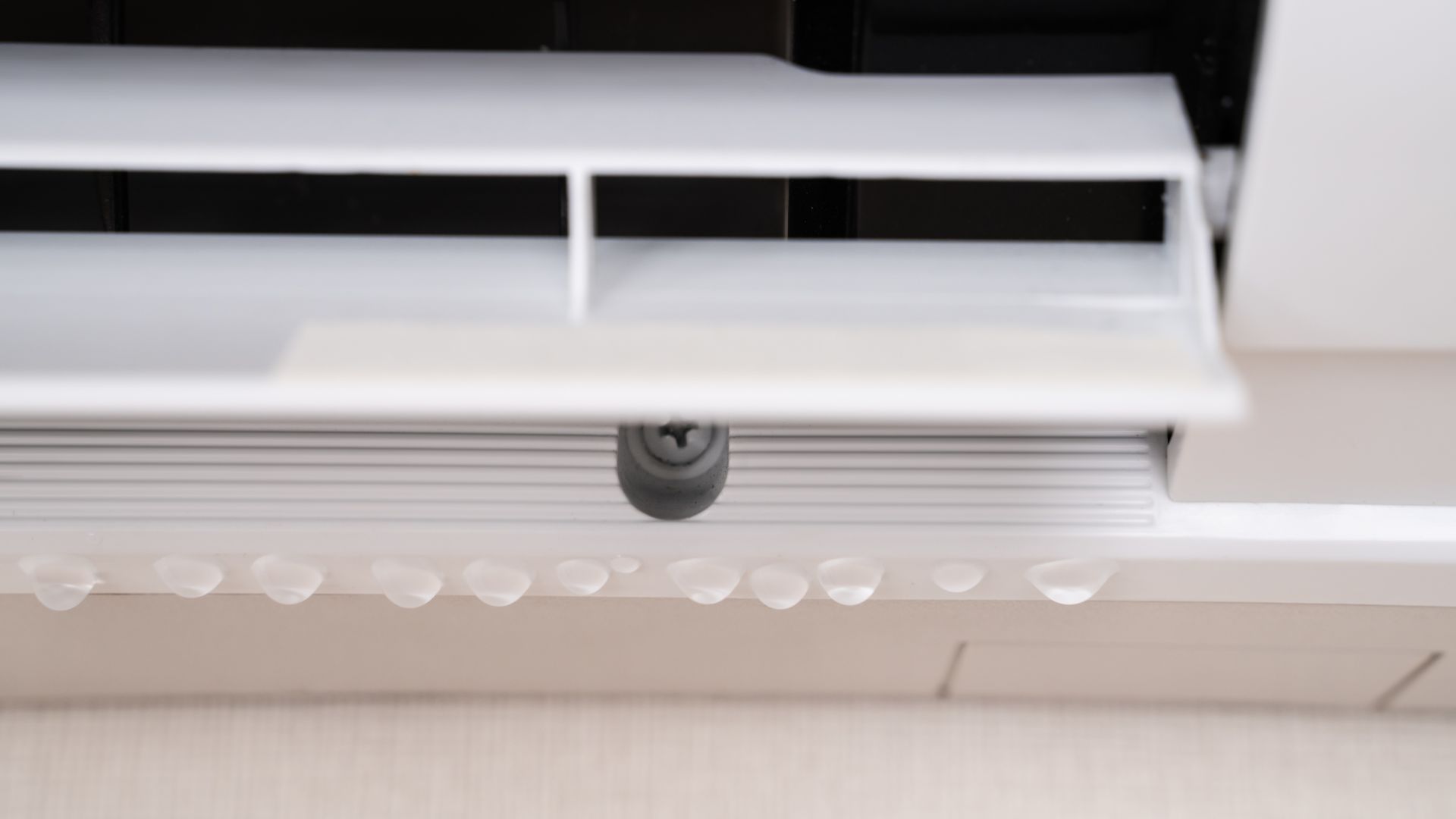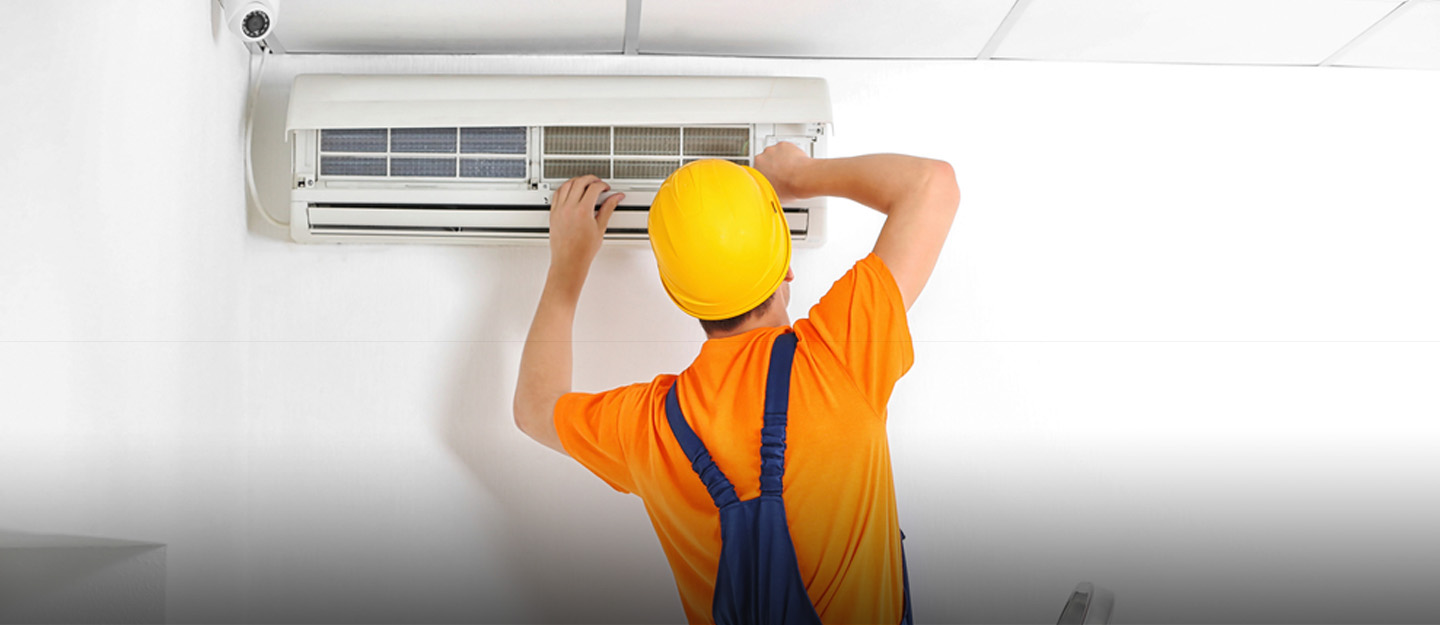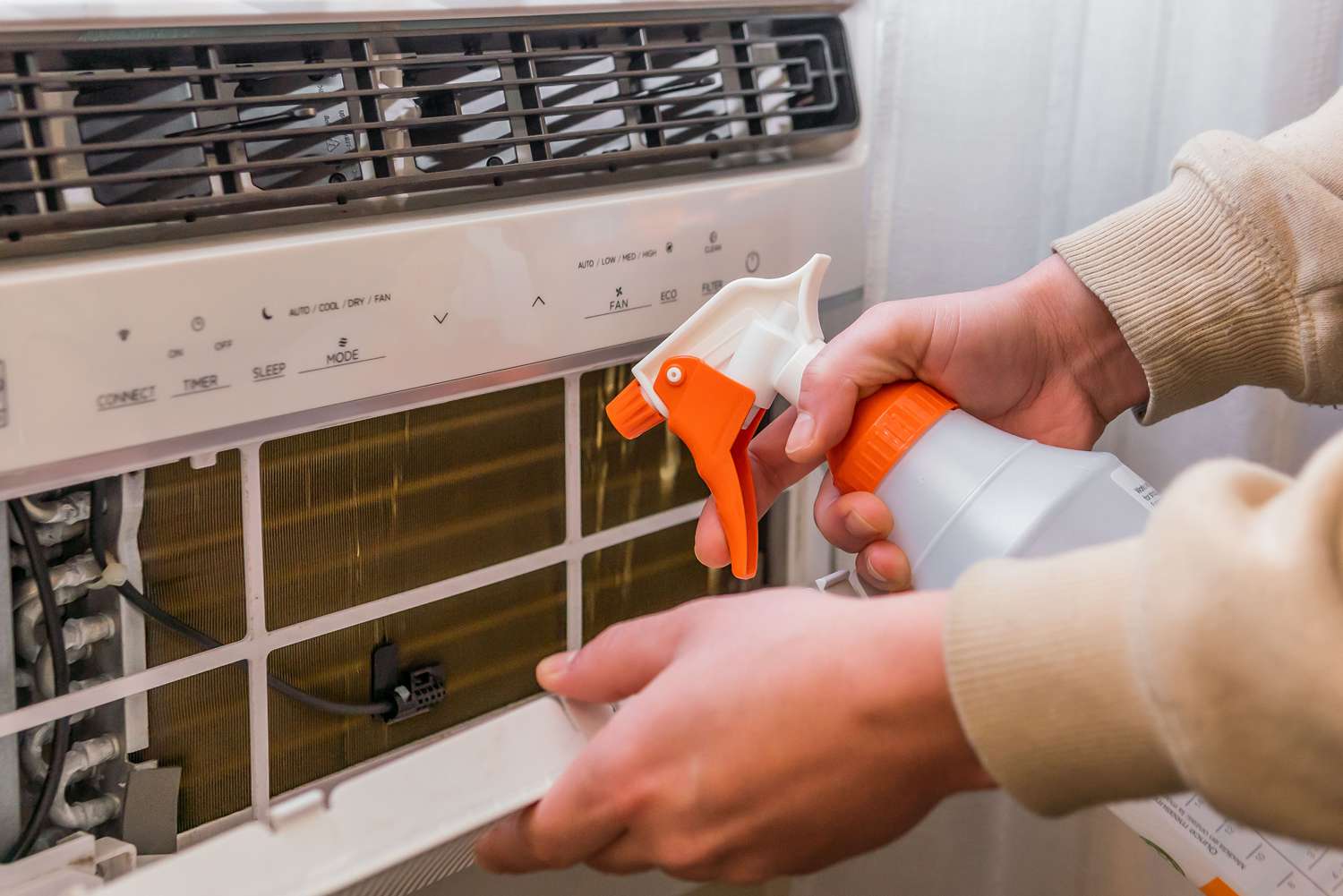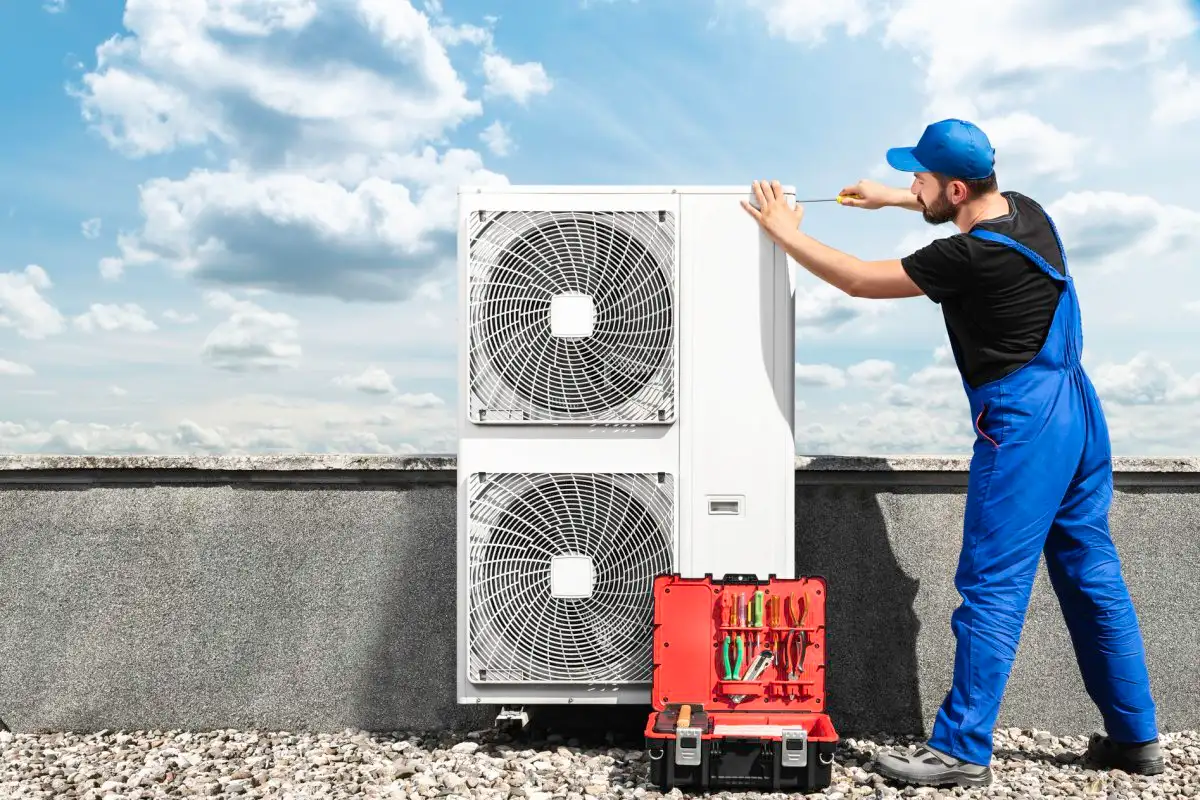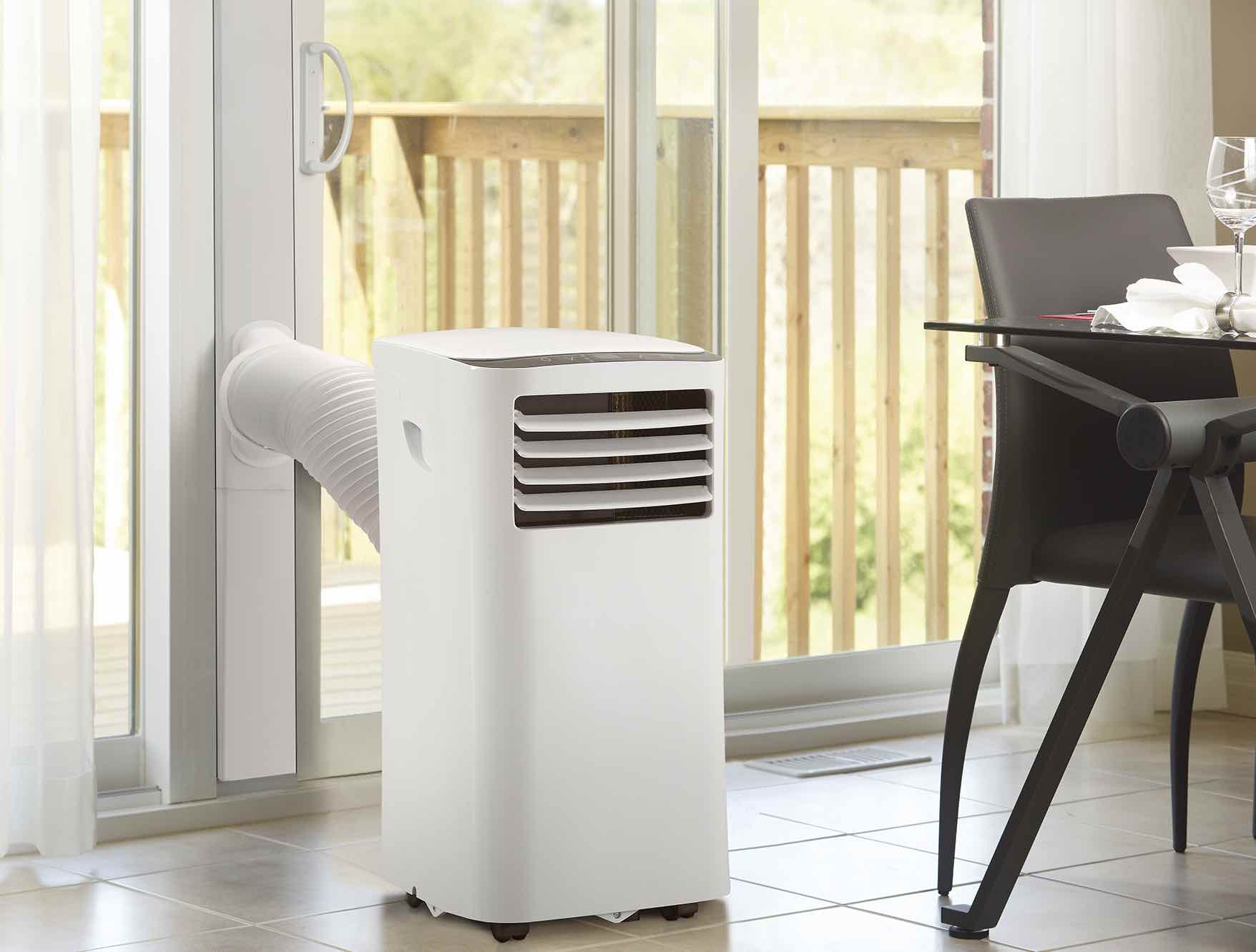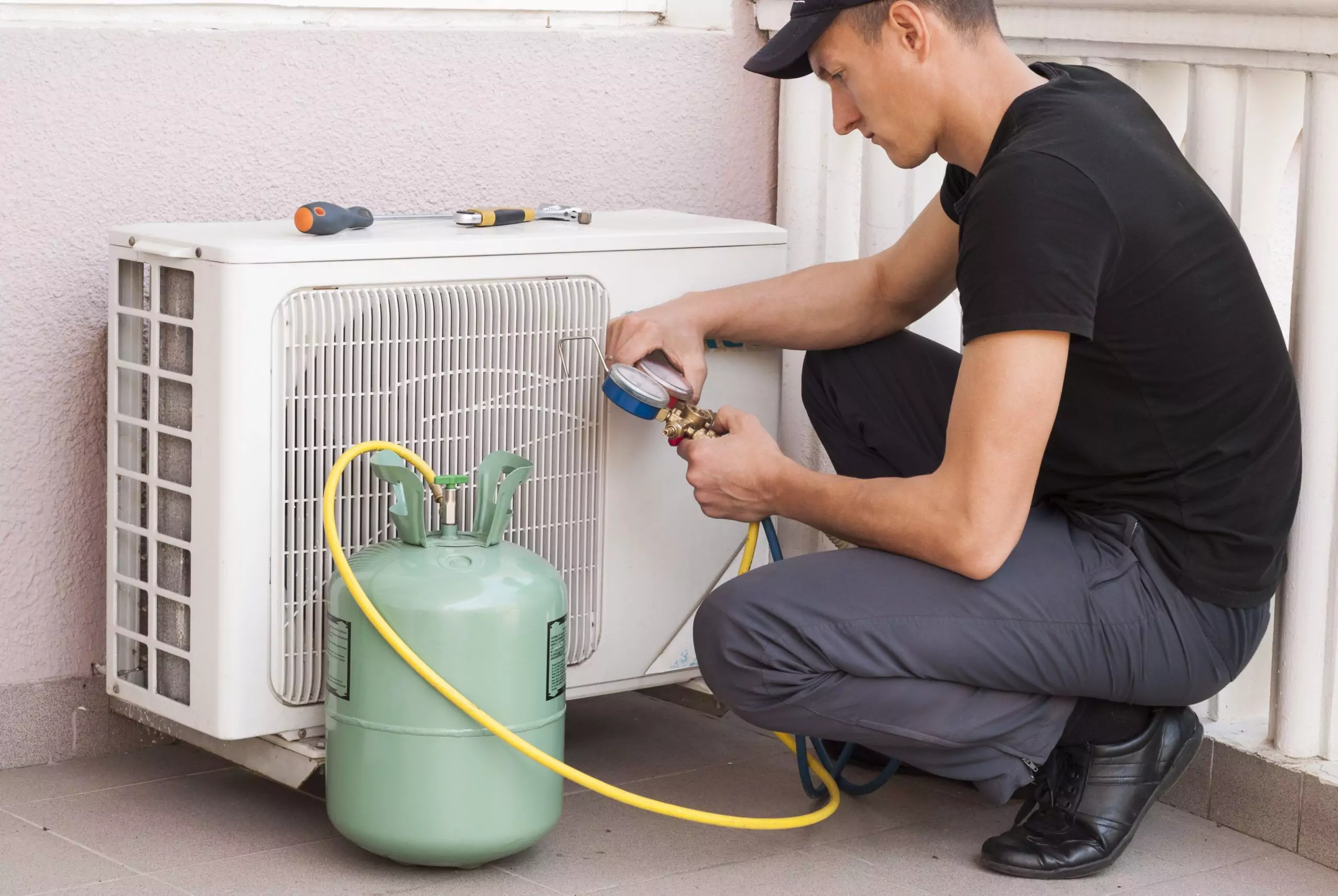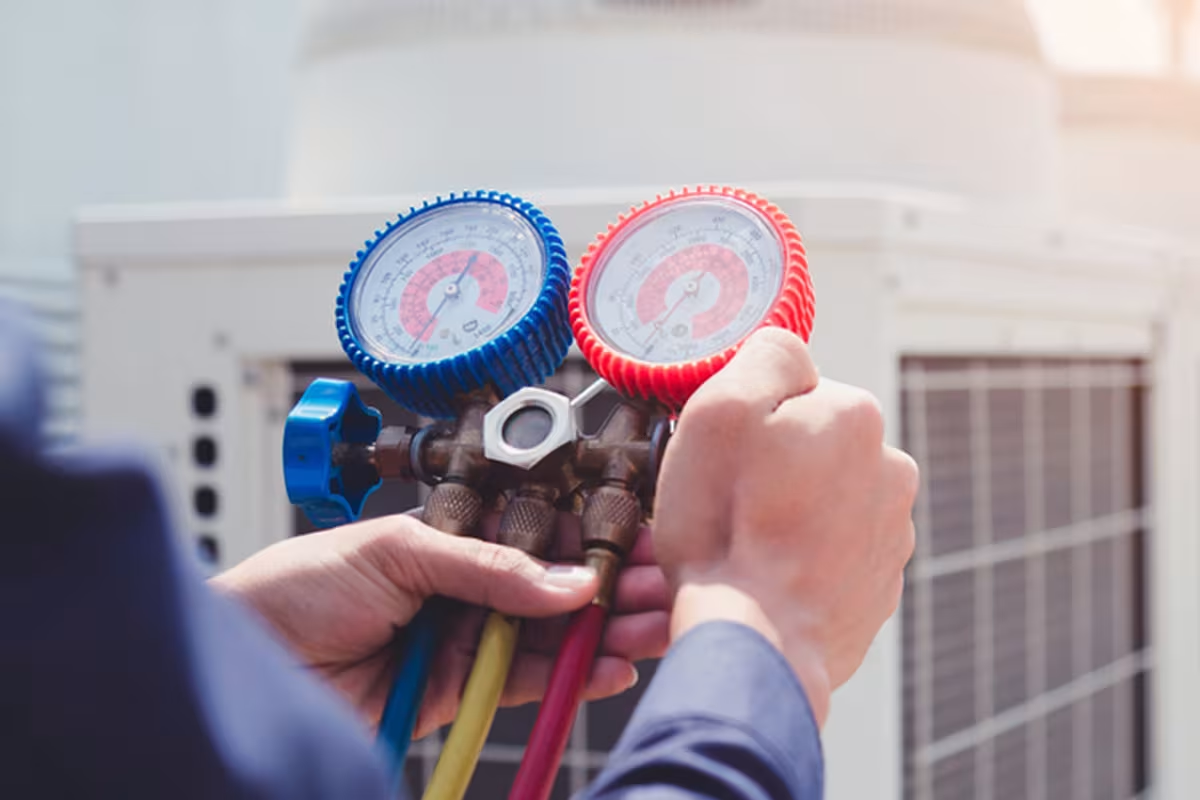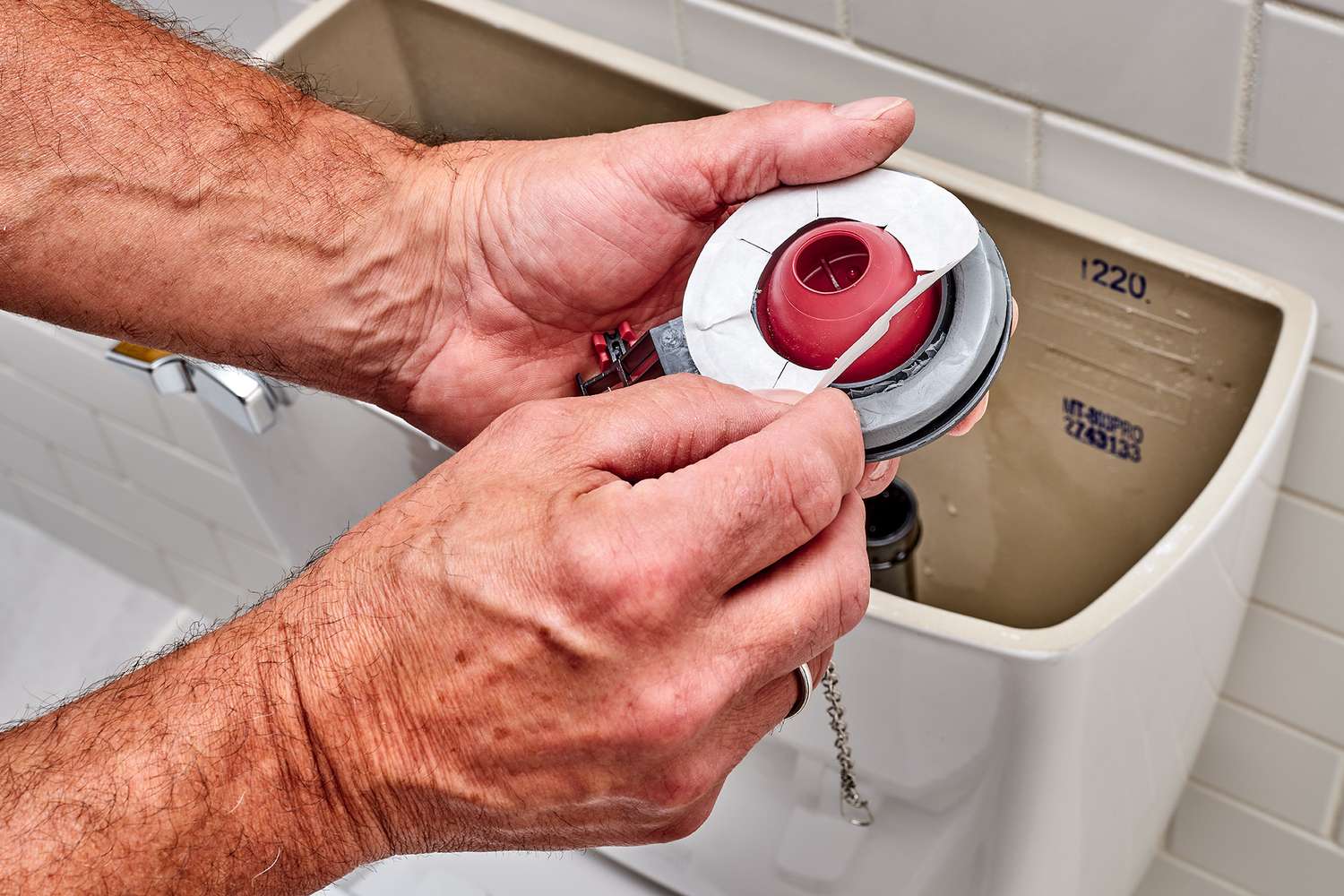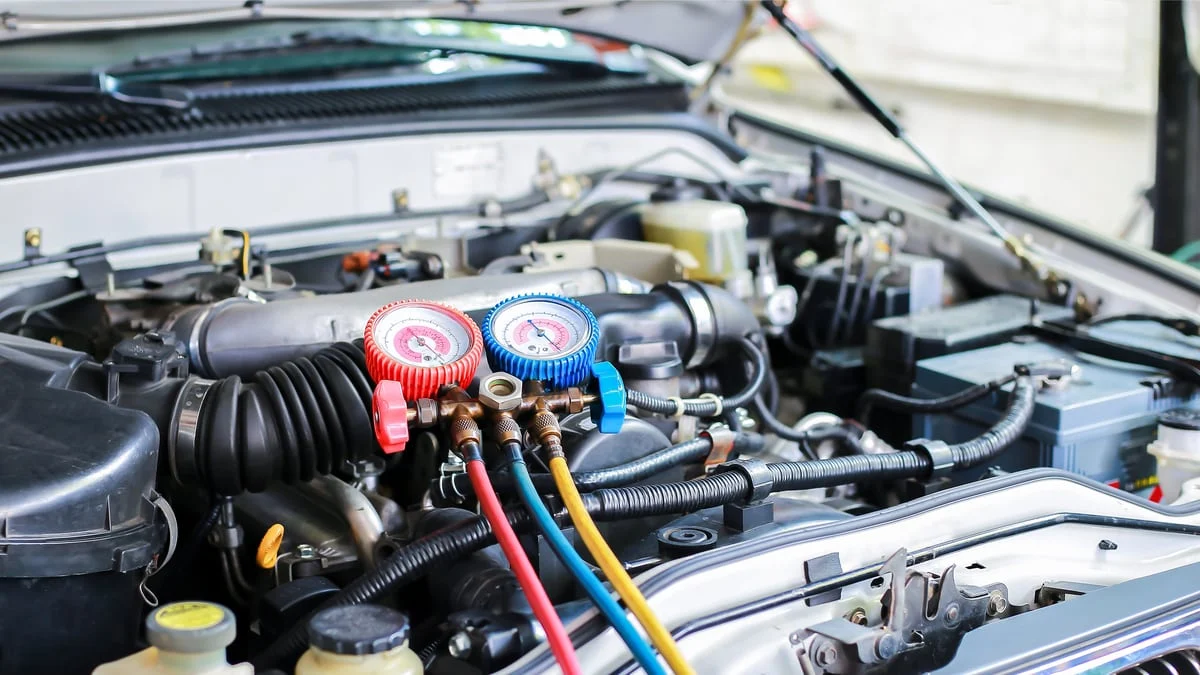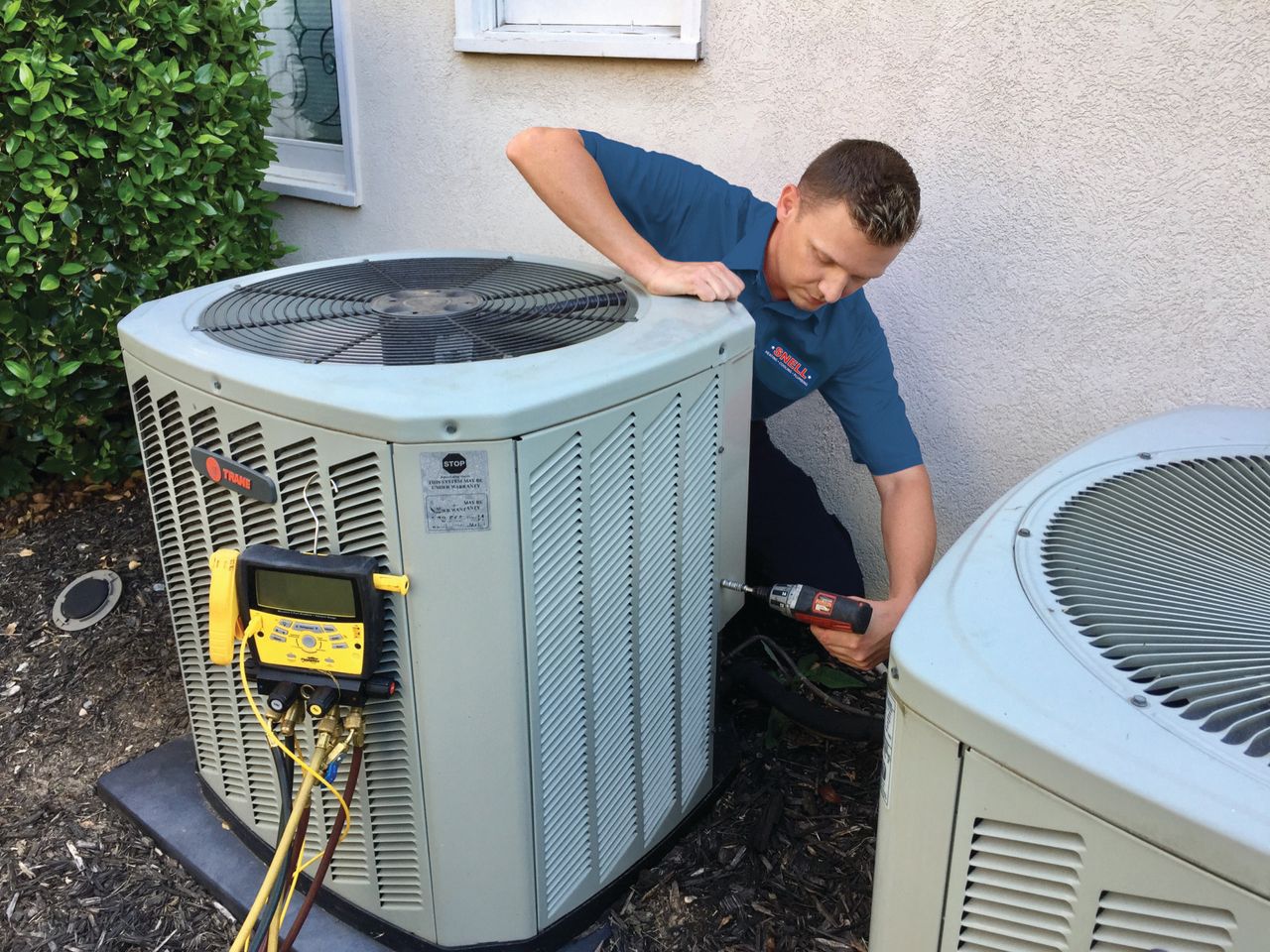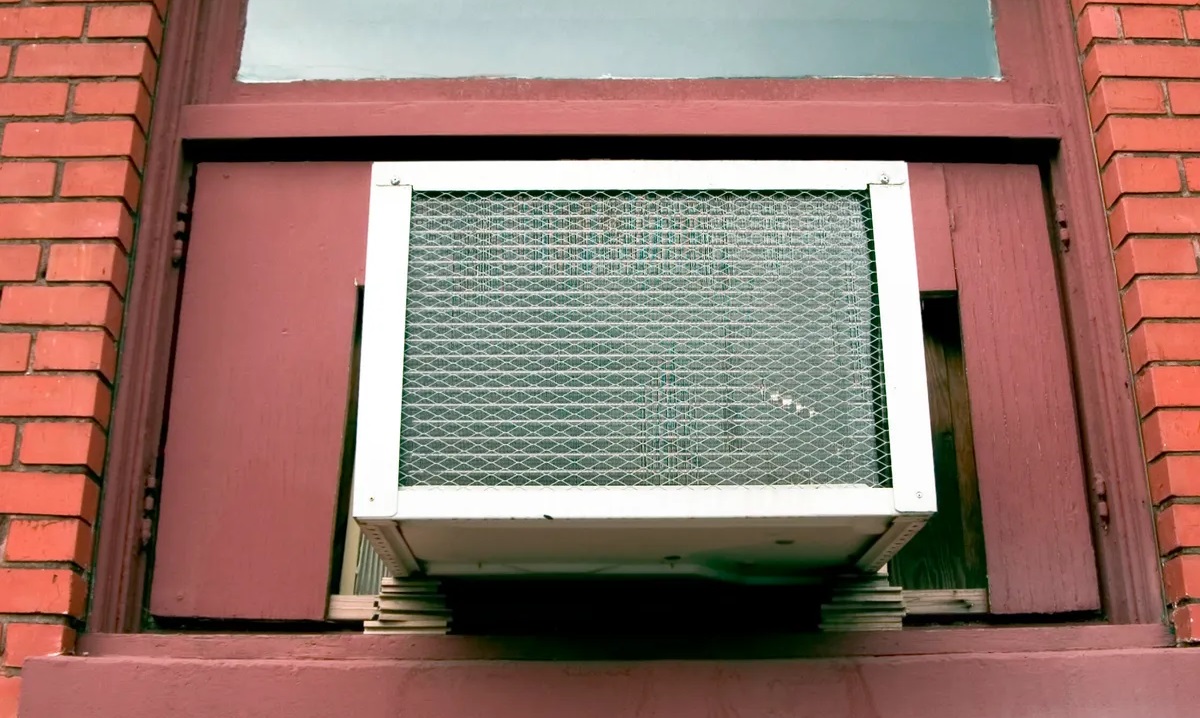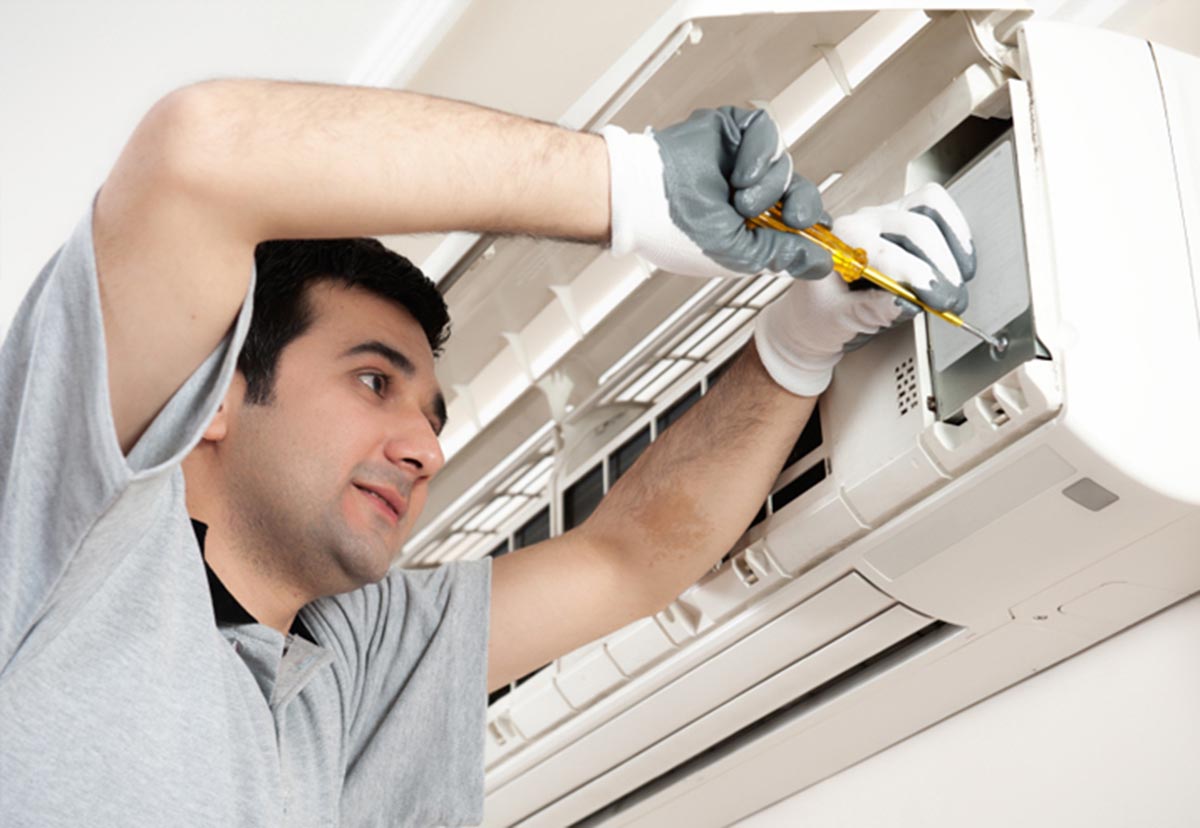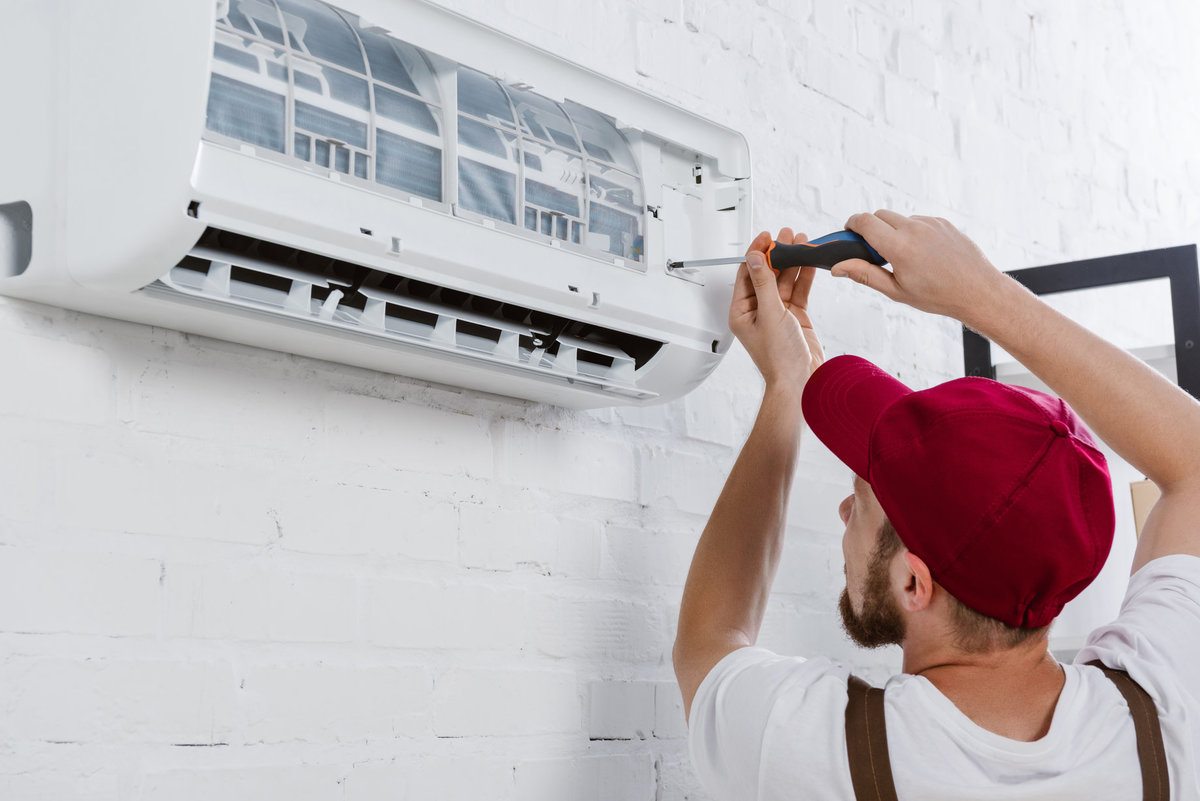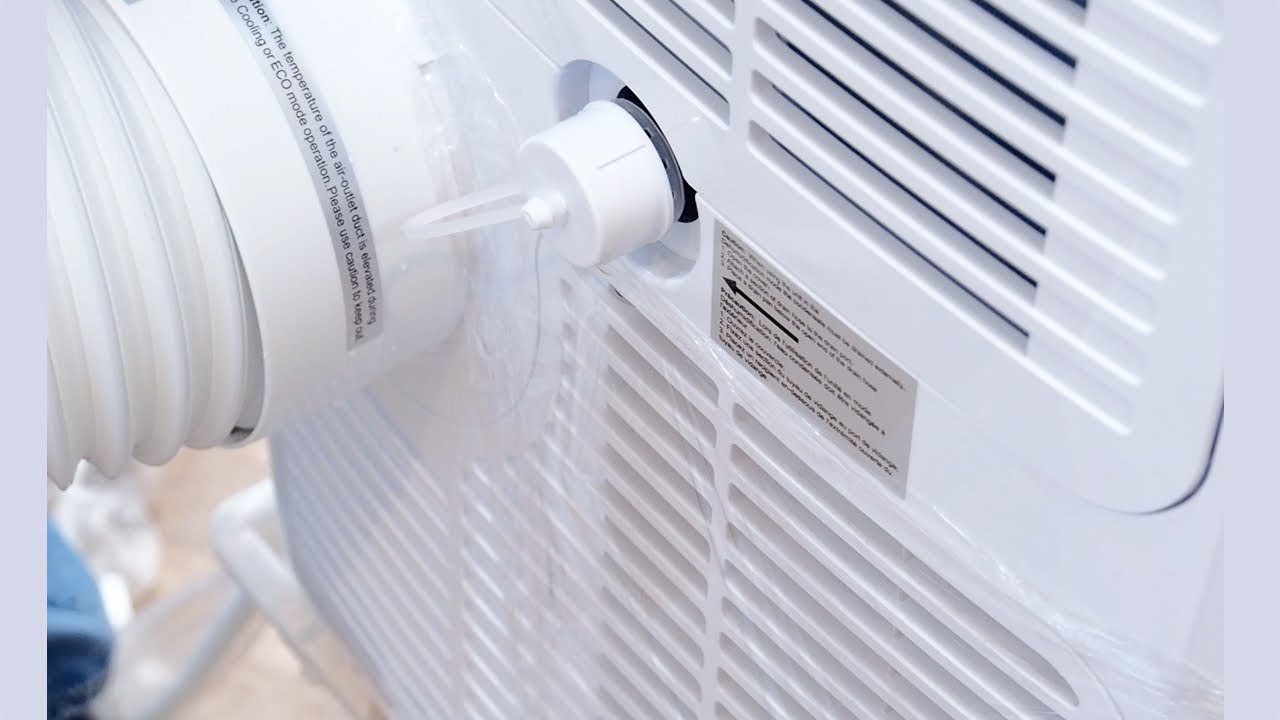Home>Home Maintenance>How Do You Fix A Leaking Air Conditioner
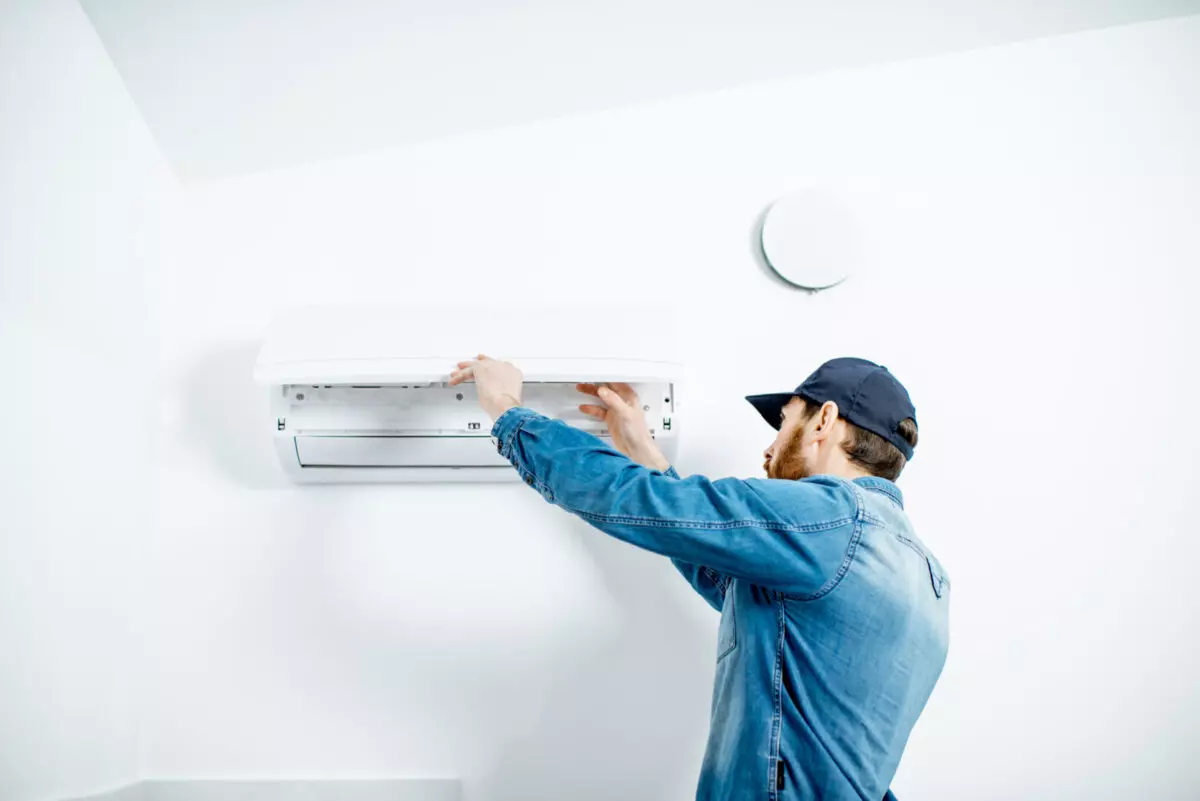

Home Maintenance
How Do You Fix A Leaking Air Conditioner
Modified: March 7, 2024
Learn how to fix a leaking air conditioner with these essential home maintenance tips. Keep your home cool and comfortable with our step-by-step guide.
(Many of the links in this article redirect to a specific reviewed product. Your purchase of these products through affiliate links helps to generate commission for Storables.com, at no extra cost. Learn more)
Introduction
Having an air conditioner at home provides a great relief during hot summer months, ensuring you stay cool and comfortable. However, if you notice water pooling around your air conditioner or detect any signs of leakage, it’s important to address the issue as soon as possible. Ignoring a leaking air conditioner can lead to damage to your unit and potentially cause further issues within your home.
In this article, we will explore common causes of air conditioner leaks, how to identify if your air conditioner is leaking, steps you can take to fix the problem yourself, and when it’s best to call a professional for assistance.
By understanding the causes and solutions for air conditioner leaks, you can take the necessary actions to keep your cooling system running smoothly and avoid any major damage to your home.
Key Takeaways:
- Don’t ignore water around your air conditioner! It could be a sign of a leak. Clean the drain line, check the pan, and replace the filter to prevent damage to your unit and home.
- If you see water puddles or decreased cooling performance, your air conditioner may be leaking. Try DIY solutions like cleaning the drain line, but call a professional for recurring or major leaks.
Common Causes of Air Conditioner Leaks
Air conditioner leaks can occur due to several reasons. It’s important to understand these common causes in order to effectively troubleshoot and fix the issue. Here are some of the most frequent causes of air conditioner leaks:
- Drain Line Blockage: Over time, debris and dirt can accumulate in the drain line, leading to a blockage. This blockage causes the condensate water to back up and leak from the air conditioner unit.
- Frozen Evaporator Coil: If the evaporator coil inside the air conditioner freezes, it can result in excessive condensation which can overflow and leak from the unit.
- Clogged Condensate Drain Pan: The condensate drain pan is responsible for collecting the water that drips from the evaporator coil. If the drain pan is clogged with dirt or debris, it can cause water to overflow and leak.
- Damaged or Disconnected Drain Line: If the drain line is damaged or becomes disconnected from the air conditioner unit, water can leak out.
- Improper Installation: An improperly installed air conditioning unit can lead to leaks. This can happen if the unit is not level or if the drain line is not properly connected.
Identifying the cause of the leak is crucial in order to take the appropriate steps to fix it. In the next section, we will discuss how to identify if your air conditioner is leaking.
How to Identify a Leaking Air Conditioner
If you suspect that your air conditioner is leaking, there are a few signs and indicators to look out for. Identifying a leaking air conditioner early on can help prevent further damage and costly repairs. Here are some ways to determine if your air conditioner is leaking:
- Water Puddles: The most obvious sign of a leaking air conditioner is the presence of water puddles near the unit. If you notice water pooling around the system, it’s a clear indication of a leakage.
- Visible Water Drips: If you see water dripping from the air conditioner, especially during operation, it’s a strong indication that the unit is leaking.
- Condensation Buildup: Some condensation around the air conditioner is normal, but excessive condensation or water buildup on the unit is a sign of a leak.
- Musty Odor: If you detect a musty smell in the area where your air conditioner is located, it could indicate that stagnant water is accumulating somewhere within the unit due to a leak.
- Decreased Cooling Performance: A leaking air conditioner may struggle to cool your home effectively. If you notice a decrease in cooling performance accompanied by other signs of leakage, it’s likely that your unit is experiencing a leak.
If you observe any of these signs, it’s important to take action to address the issue promptly. In the next section, we will outline the steps to fix a leaking air conditioner, including some do-it-yourself solutions.
Steps to Fix a Leaking Air Conditioner
If you’ve identified that your air conditioner is leaking, you can attempt to fix the issue yourself before seeking professional help. Here are the steps to fix a leaking air conditioner:
- Turn Off the Unit: Before you start any repairs, turn off the power to your air conditioner to ensure your safety.
- Clean the Drain Line: Use a wet/dry vacuum to suction out any debris or blockages from the drain line. Alternatively, you can try using a thin, flexible brush to clear the line.
- Check the Drain Pan: Inspect the condensate drain pan for any damage or clogs. If necessary, clean the pan using a mixture of bleach and water to eliminate mold or mildew.
- Inspect the Drain Line: Examine the drain line for any cracks or disconnections. If you find any issues, repair or replace the drain line as needed.
- Level the Unit: Ensure that your air conditioner is properly leveled. Use a leveling tool to check if the unit is balanced. If it’s not level, adjust the positioning to prevent future leaks.
- Replace the Air Filter: A dirty air filter can restrict airflow and lead to condensation buildup. Replace the air filter regularly to keep your air conditioner running efficiently.
- Test the Unit: Once you have completed these steps, turn the power back on and test your air conditioner to ensure the leak has been resolved.
While these steps can be effective in fixing minor leaks, more complicated issues may require professional intervention. In the next section, we will discuss when it’s best to call a professional for assistance.
Regularly check and clean the air conditioner’s condensate drain line to prevent clogs and leaks. Use a mixture of bleach and water to flush out any algae or mold buildup.
DIY Solutions for Fixing Air Conditioner Leaks
If you’re experiencing a leaking air conditioner, there are a few do-it-yourself solutions you can try before reaching out to a professional. These solutions can help address minor issues and potentially fix the leak. Here are some DIY solutions for fixing air conditioner leaks:
- Clean the Condensate Drain Line: As mentioned earlier, a clogged drain line is a common cause of air conditioner leaks. Use a wet/dry vacuum or a thin brush to remove any debris or blockages from the drain line. This can help restore proper water flow and prevent leaks.
- Remove Obstructions: Check the area around your air conditioner unit and make sure there are no obstructions blocking the airflow. Remove any objects, vegetation, or debris that might hinder the unit’s performance and cause condensation buildup.
- Inspect and Clean the Evaporator Coil: A dirty or frozen evaporator coil can result in excessive condensation and subsequent leakage. Inspect the coil and clean it using a soft brush or a specialized coil cleaner. This can improve airflow and reduce the chance of leaks.
- Improve Insulation: Inadequate insulation around the refrigerant lines can lead to condensation and leaks. Check the insulation around the lines and replace any damaged or missing insulation to prevent moisture buildup.
- Seal Leaks in Ductwork: Leaks in the ductwork of your air conditioning system can cause water to seep out and contribute to leakage. Inspect the ductwork and seal any visible leaks using mastic sealant or metal tape.
While these DIY solutions can be effective for minor air conditioner leaks, it’s important to proceed with caution and only attempt repairs that you are comfortable with. If the leak persists or if you’re unsure about performing any repairs, it’s best to seek the expertise of a professional air conditioning technician.
Read more: How To Find A Leak In An Air Conditioner
When to Call a Professional
While some air conditioner leaks can be resolved with DIY solutions, there are situations where it’s best to call a professional for assistance. Here are some instances when you should consider reaching out to a professional:
- Recurring Leaks: If you’ve attempted to fix the leak multiple times, but it keeps coming back, it’s a sign of a more complex issue. A professional technician can identify and address the underlying cause of the recurring leaks.
- Major Leaks: If you encounter a significant amount of water pooling around your air conditioner or notice water dripping continuously, it indicates a substantial leak. A professional can assess the severity of the leak and provide the necessary repairs.
- Electrical Problems: If you suspect an electrical issue is causing the air conditioner leak, it’s crucial to consult a professional. Dealing with electrical components can be dangerous and requires the expertise of a qualified technician.
- Older Air Conditioner Units: If your air conditioner is older and experiencing leaks, it may be a sign of wear and tear or underlying mechanical issues. A professional technician can evaluate the condition of your unit and determine if it needs repairs or replacement.
- Manufacturer’s Warranty: If your air conditioner is still under warranty, attempting repairs yourself may void the warranty. It is advisable to have a professional technician handle the repairs to ensure the warranty remains intact.
A professional air conditioning technician has the necessary knowledge, skills, and equipment to diagnose and fix complex air conditioner leaks. They can provide a thorough inspection, identify the underlying problem, and make the appropriate repairs to ensure your system operates efficiently and leak-free.
Remember, addressing air conditioner leaks promptly can prevent further damage to your unit and protect your home from water damage. So, if you’re unsure or uncomfortable with handling the repairs on your own, it’s always best to call a professional.
Conclusion
Dealing with a leaking air conditioner can be a frustrating issue, but with the right knowledge and guidance, you can resolve the problem effectively. By understanding the common causes of air conditioner leaks and knowing how to identify and fix them, you can save yourself the inconvenience of a malfunctioning unit and potential damage to your home.
Remember to regularly maintain your air conditioner by cleaning the drain line, checking the condensate drain pan, and replacing the air filter. These simple tasks can help prevent leaks and keep your system running smoothly.
While some air conditioner leaks can be fixed through DIY solutions, it’s important to recognize when it’s best to seek professional assistance. Recurring leaks, major leaks, electrical issues, older units, and warranties are all factors that should prompt you to call a skilled technician.
By addressing air conditioner leaks promptly and utilizing the expertise of professionals when needed, you can ensure that your cooling system operates efficiently, providing you with a cool and comfortable home environment.
Remember, regular maintenance and professional care are key to preventing air conditioner leaks and prolonging the lifespan of your unit. So, stay vigilant, take action when needed, and enjoy the benefits of a leak-free air conditioning system.
Frequently Asked Questions about How Do You Fix A Leaking Air Conditioner
Was this page helpful?
At Storables.com, we guarantee accurate and reliable information. Our content, validated by Expert Board Contributors, is crafted following stringent Editorial Policies. We're committed to providing you with well-researched, expert-backed insights for all your informational needs.
